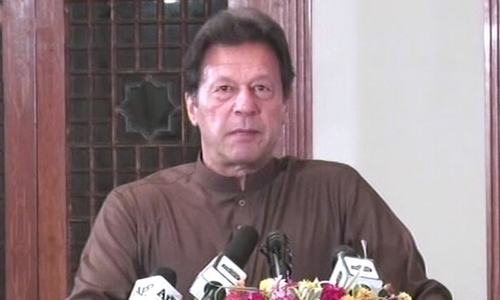ONCE again, tragedy has followed Pakistan’s polio eradication efforts into the new year.
This week, two polio workers were gunned down in the line of duty in Swabi, KP. While one of the women workers died immediately from the bullet wounds she sustained, the other succumbed to her injuries later in a hospital in Peshawar.
Last year, following the spread of harmful rumours about the polio vaccine’s effects on children, several attacks were reported against polio workers. In Chaman, Balochistan, a woman polio worker was shot dead, while her colleague was wounded. Before that, there was a knife attack on a polio worker in Lahore by a parent who refused to have polio drops administered to his child.
That same year, two security officials who were guarding polio teams were killed in Buner and Bannu. Meanwhile, a string of other attacks on polio vaccination teams were also reported from other parts of Balochistan, Sindh and Punjab.
In the war against polio, Pakistan’s front-line workers continue to pay the price of a society teeming with religious extremism, paranoia and disinformation around the vaccine. Such dangerous propaganda not only endangered the lives of workers, but led to a massive spike in the number of refusals last year. As a consequence, the total number of new cases reported in the country has been steadily increasing at a time when other countries are close to being declared polio-free, or have long been declared polio-free.
In 2019, the number of new cases shot up to 140, which included several cases of the P2 virus that was thought to have been eradicated. And yet, despite all the odds stacked against them in what often feels like a losing battle, polio workers put their lives at risk every few months, with each new polio drive, for a meagre pay. They not only come face to face with hostile populations, but also brave extreme weather patterns and harsh terrains to ensure the vaccine reaches even the most isolated parts of the country.
Published in Dawn, January 31st, 2020













































